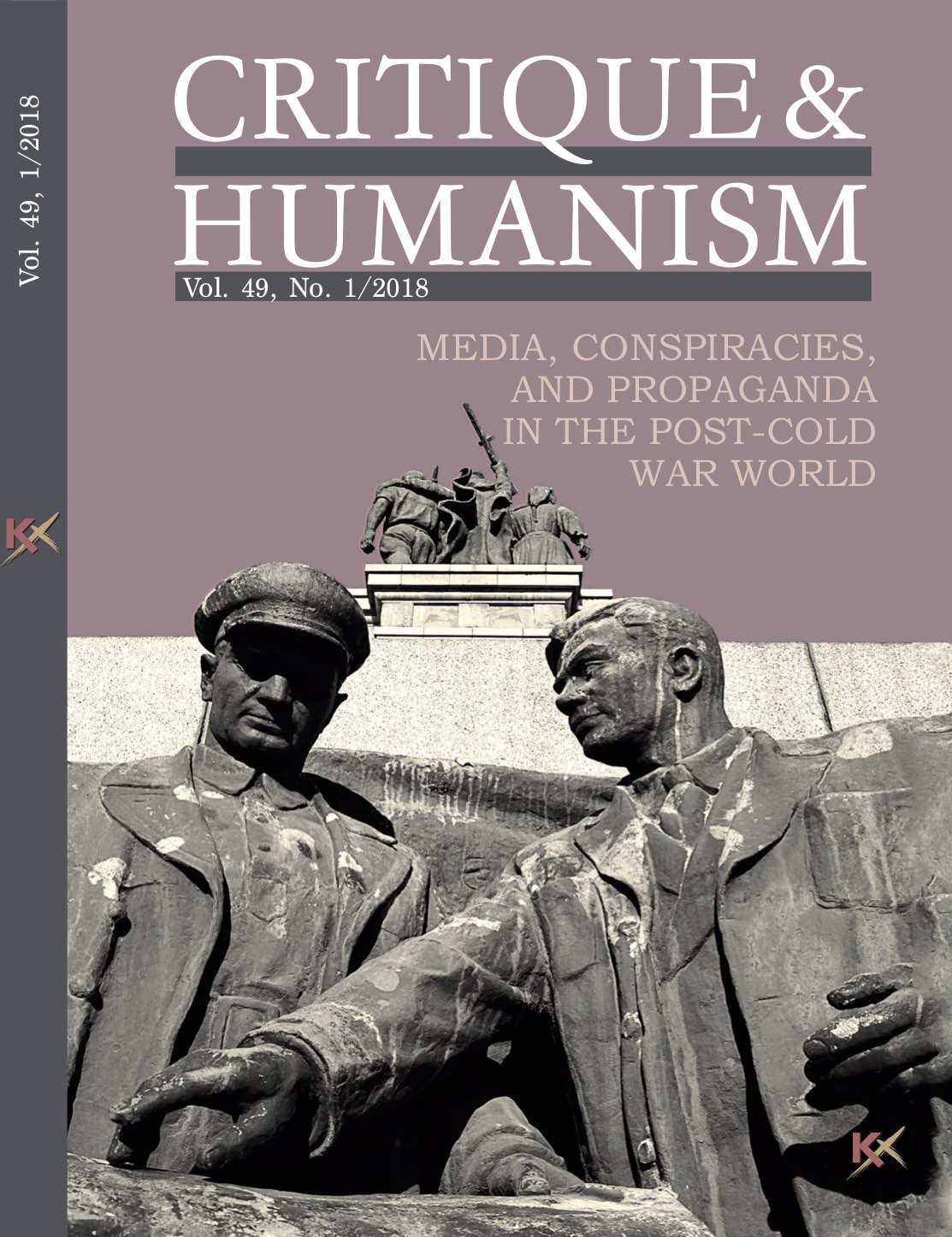Devenir complotiste: trajectoires de radicalisation et de professionnalisation de deux groupes de citoyen(ne)s enquêteur(rice)s
Devenir complotiste: trajectoires de radicalisation et de professionnalisation de deux groupes de citoyen(ne)s enquêteur(rice)s
Author(s): Julien GirySubject(s): Politics / Political Sciences, Politics, Social Sciences, Civil Society, Sociology, Sociology of Politics
Published by: Фондация за хуманитарни и социални изследвания - София
Keywords: conspiracy theories; citizen sleuths; radicalization and professionalization carriers; institutionalization of a social field; rival-associates; heteronomy effects
Summary/Abstract: Starting from an empirical and interactionist approach of both individual and collective trajectories of radicalization and professionalization of two citizen sleuths groups, the JFK’s assassination ‘warrenologists’ and the 9/11 ‘Truthers’, this paper (in French) aims to study grassroots conspiracism. Faced with such a violent and unexpected event, windows of opportunity open and conspiracy theories flourish. From a Weberian perspective, we are gradually assisting to the transition from amateur conspiracy theorists who investigate the tragic event they underwent as a kind of ‘hobby’ to professional ones who live for and from conspiracism. Yet, from individual awareness to micromobilizations, a collective action dynamic takes shape. Step by step, carriers of radicalization develop with the emergence of a collective politically determined cause which contributes to the institutionalization of a relatively autonomous social field with its specific capital and resources. Since then, professional citizen sleuths have engaged in a competitive process and a social division of conspiracist labour has arisen. Specialized and self-proclaimed experts, without any legitimate competence or skills, are emerging in various fields such as forensic medicine, structural engineering or ballistic analysis. And, with the contemporary rise of the internet, this cyber echo-chamber gives an opportunity for some social actors to acquire genuine prestige, social and political recognition, and a dominating position in the conspiracist field and even beyond. Finally, professional conspiracy theorists become ‘rival-associates’: each one tries to improve his/her own position in the field but also, through heteronomy effects, in the economic and many other fields, where conspiracy theories and conspiracy merchandising generate highly lucrative incomes.
Journal: Критика и хуманизъм
- Issue Year: 2018
- Issue No: 49
- Page Range: 429-449
- Page Count: 22
- Language: French
- Content File-PDF

